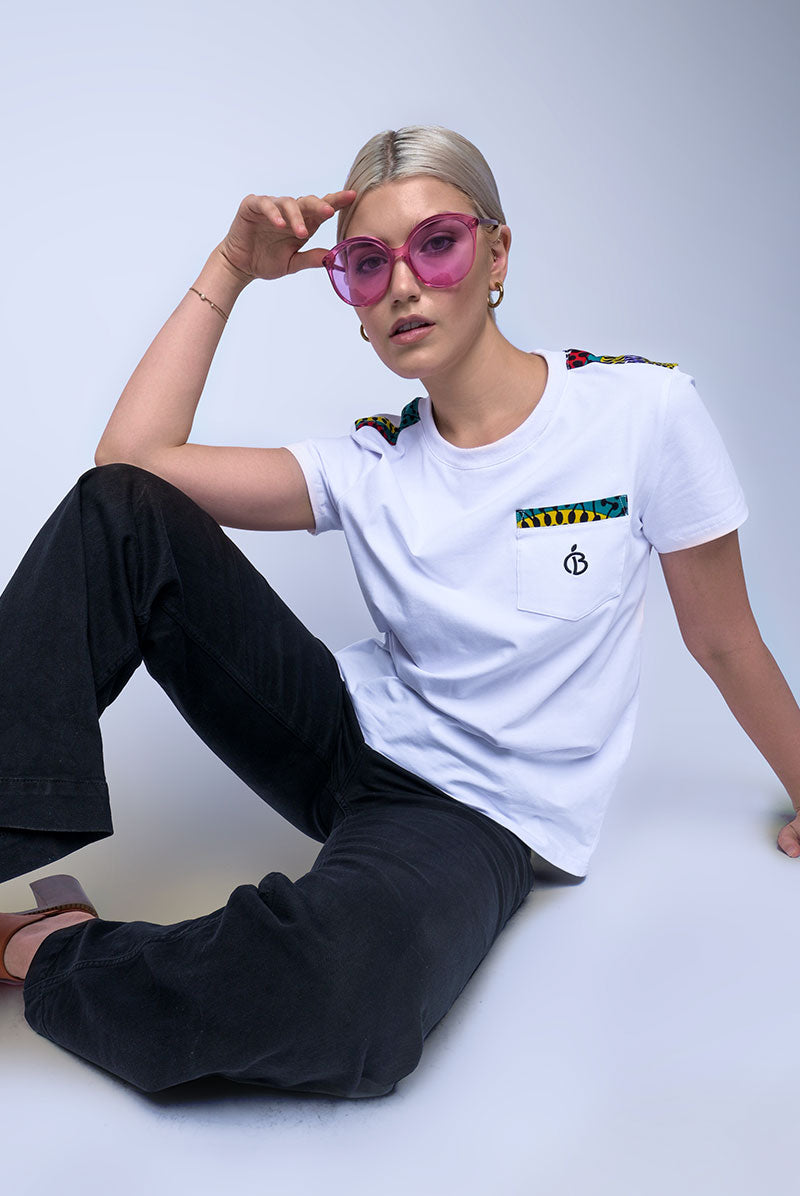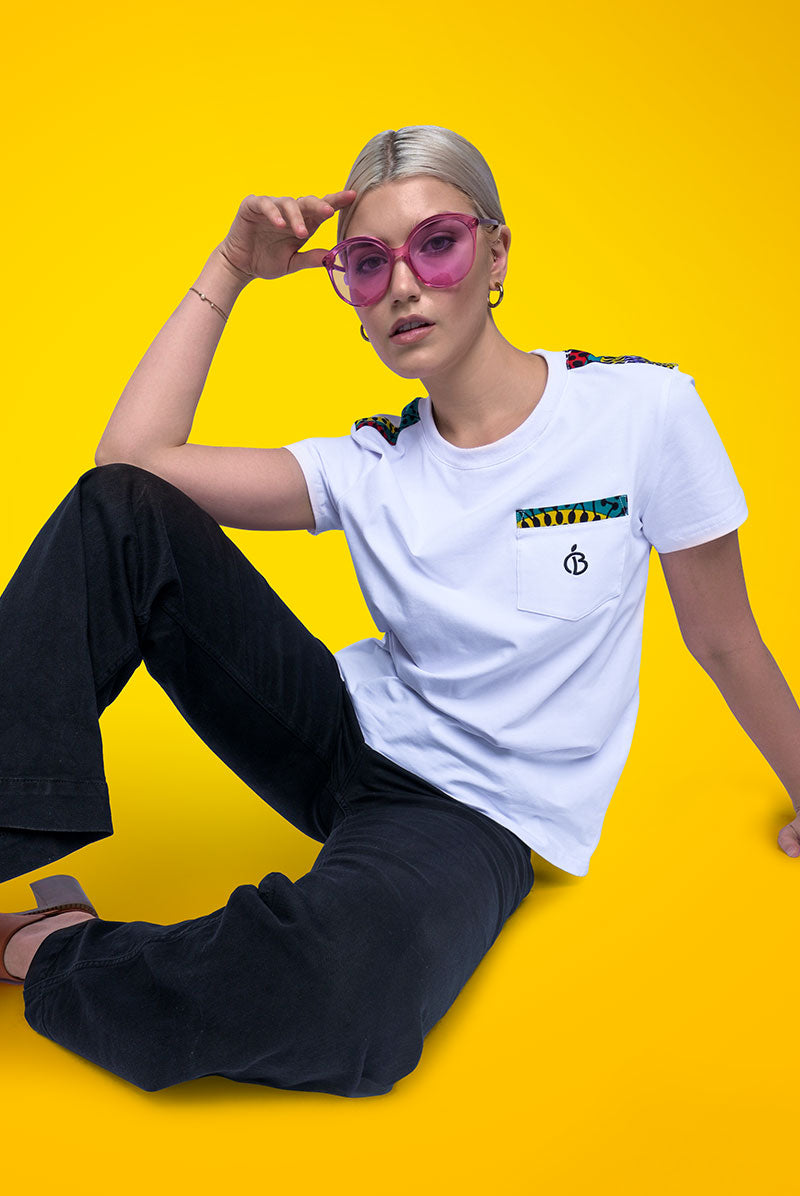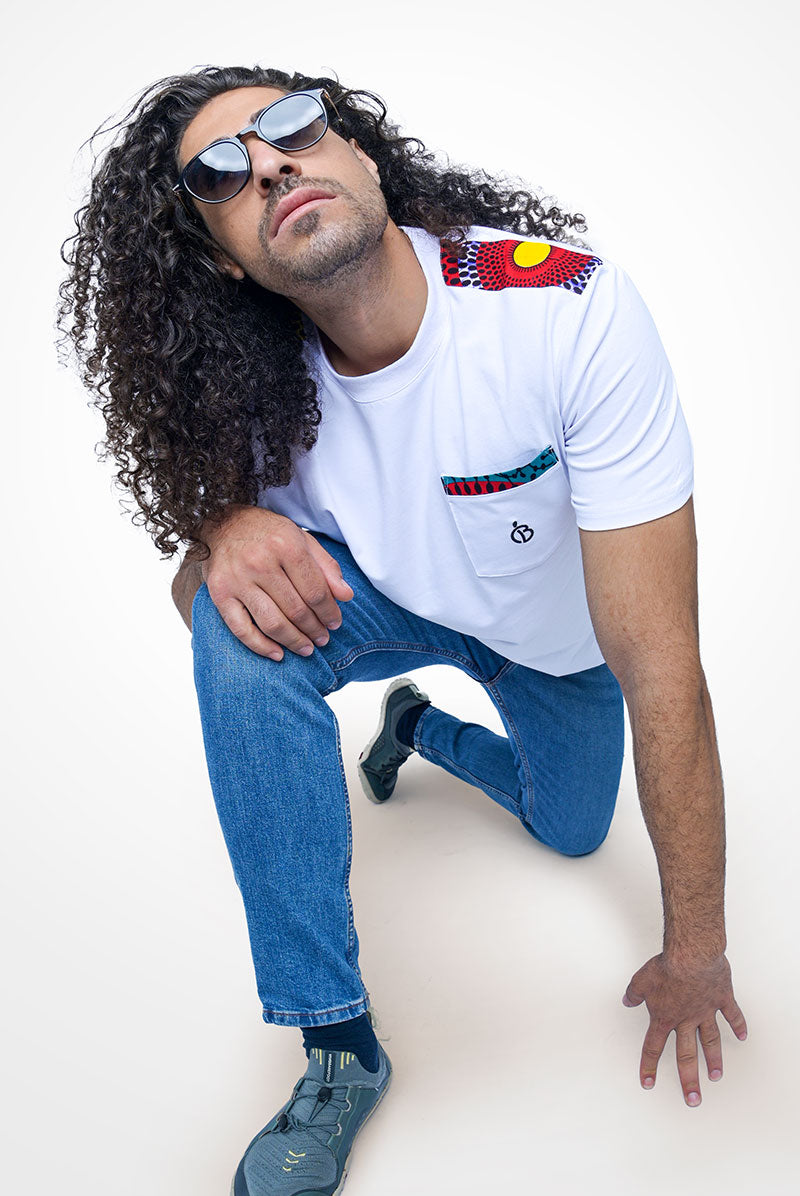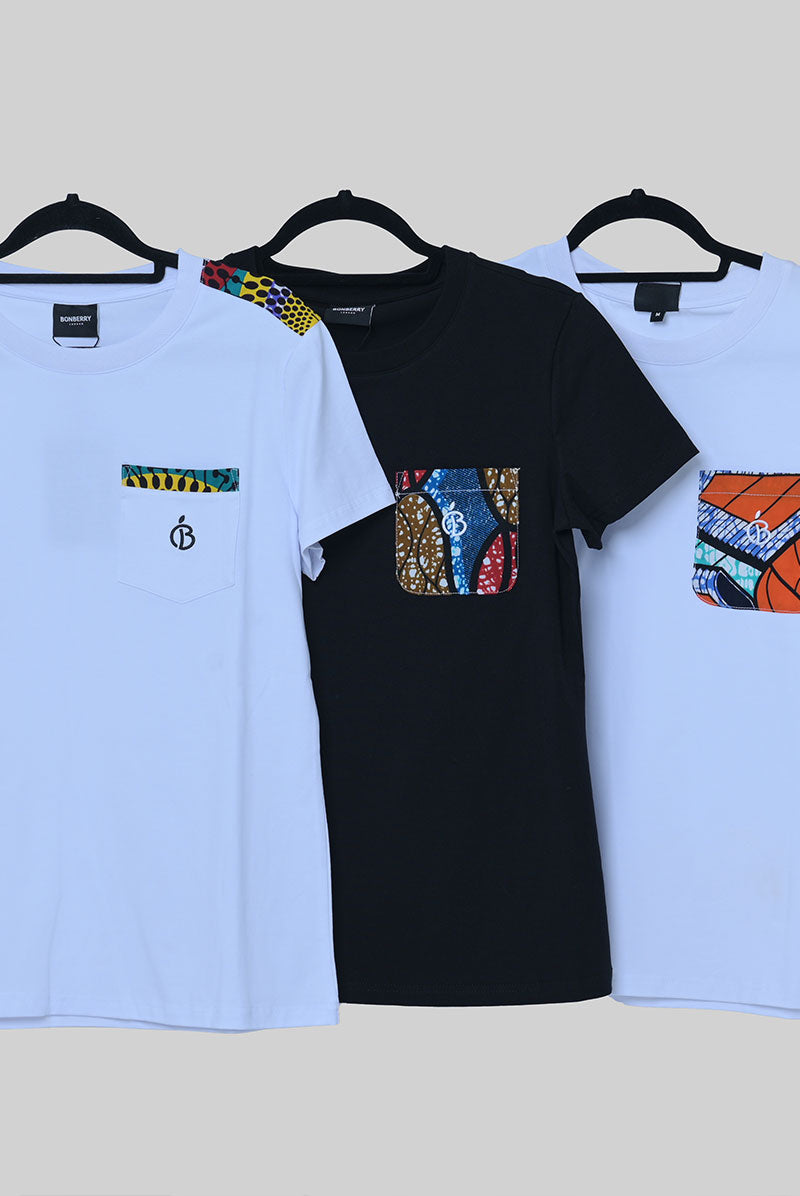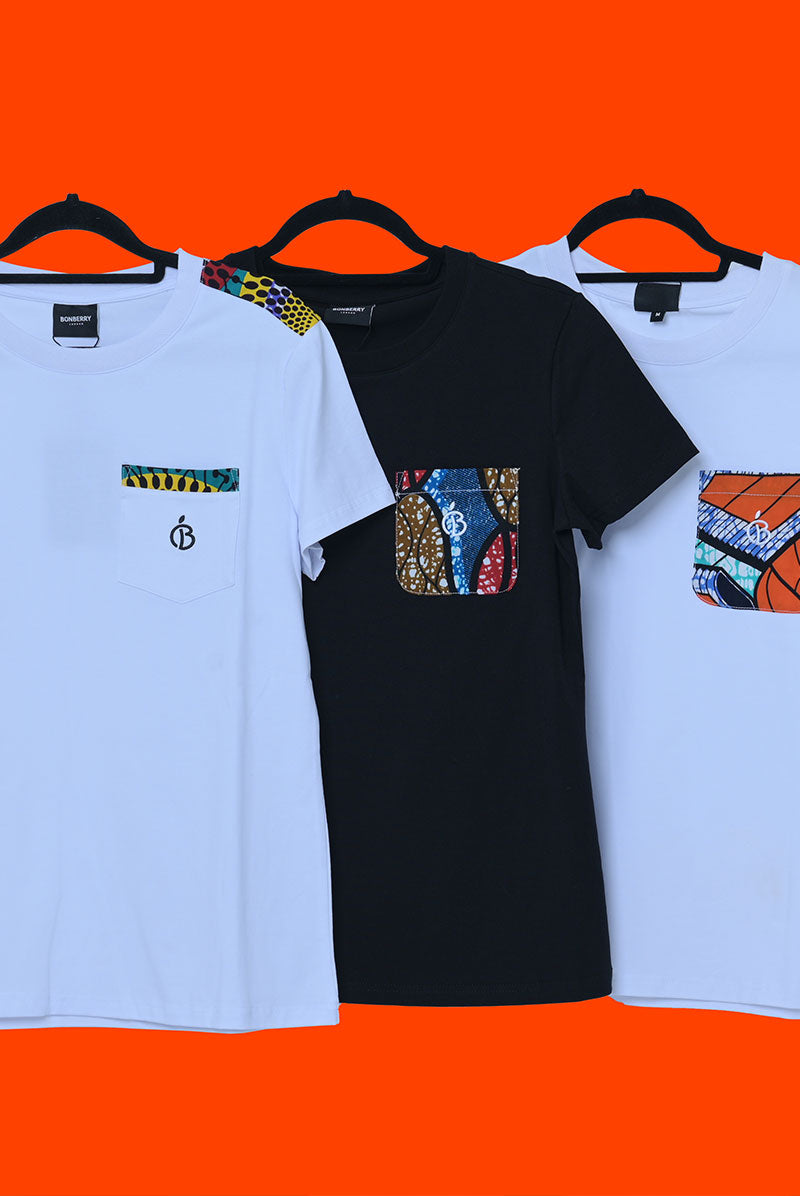In recent years, the fashion industry has faced increasing scrutiny for its environmental impact and unethical practices. While the allure of fast fashion can be tempting, the consequences of our clothing consumption are too significant to ignore. As a response to these concerns, many consumers and designers are turning towards ethical fashion as a sustainable and socially conscious alternative.
Ethical fashion focuses on creating garments with a smaller environmental footprint, fair working conditions, and an emphasis on long-lasting quality. By making informed choices and shifting towards ethical practices, you can contribute to the global movement of sustainable fashion and make a positive impact on both the environment and the lives of those involved in garment production.
In this guide, we will explore the importance of ethical fashion and provide actionable tips on how to make more sustainable choices when shopping for clothing. Learn how to find eco-friendly brands, recognise sustainable materials and ensure the longevity of your wardrobe – all while contributing to a more mindful and responsible fashion industry.
1. Understand the Impact of Fast Fashion: Why Ethical Fashion Matters
To truly appreciate the importance of ethical fashion, it's crucial to understand the negative consequences of fast fashion on both the environment and human lives. Some of the key concerns include:
- Excessive Waste: The fast fashion industry generates a significant amount of textile waste each year, with an estimated 85% of all produced textiles ending up in landfills or being incinerated.
- Chemical Pollution: The dyeing, finishing, and treatment processes for clothing release hazardous, toxic chemicals into the environment, contaminating water and soil resources.
- Exploitative Labour Practices: Many fast fashion brands rely on cheap labour, often resulting in poor working conditions, low wages, and even child labour in garment-producing countries.
By choosing to support ethical fashion over fast fashion, you contribute to reducing these negative impacts and promoting a sustainable, humane approach to clothing production.
2. Finding Eco-Friendly Brands: Shop with Intention
Discovering eco-friendly brands that align with your values and style preferences can be challenging, but it's an essential step towards a more ethical wardrobe. Here's how you can find sustainable brands:
- Research Values and Ethics: Begin by performing a thorough background check on a brand's social and environmental policies, as well as their manufacturing and supply chain practices. Look for transparent and accountable brands committed to reducing their environmental footprint.
- Look For Third-Party Certifications: Brands that have earned certifications such as Fair Trade, GOTS (Global Organic Textile Standard), or B Corp indicate adherence to high standards in environmental and social responsibility.
- Consult Ethical Fashion Directories: Online resources such as the Good On You app, Ethical Consumer and Fashion Revolution can help you discover brands that prioritise transparency, sustainability, and worker welfare.
3. Recognising Sustainable Materials: Choose Wisely
Opting for clothing made from sustainably-sourced, eco-friendly materials can significantly reduce the environmental impact of your wardrobe. Here are some popular sustainable materials to consider:
- Organic Cotton: Unlike conventional cotton, organic cotton is grown without the use of harmful pesticides and synthetic fertilisers. Moreover, organic farming methods promote soil health and biodiversity.
- Tencel: Extracted from sustainably-harvested eucalyptus trees, Tencel is a biodegradable fabric known for its softness, breathability, and low environmental footprint.
- Recycled Materials: Clothing made from recycled materials, such as plastic bottles or pre-existing garments, helps post-consumer waste and contributes to a circular fashion economy.
4. Stitch in Time: Invest in Quality and Longevity
Purchasing well-crafted, durable clothing not only provides better value for your money but also reduces the need for frequent replacement, minimising your environmental impact. To ensure your clothing's longevity:
- Assess the Craftsmanship: Examine the garment's stitching, seams, and fabric quality. A well-constructed piece should have even, tight stitching and no loose threads or fraying.
- Care for Your Garments: Properly maintaining your clothes can significantly extend their lifespan. Follow recommended washing and drying instructions, and repair any damages in a timely manner.
- Choose Timeless Styles: Opt for classic designs and silhouettes that are less susceptible to fluctuations in fashion trends, allowing you to enjoy them for years to come.
5. The Second-Hand Market: Embrace Pre-Loved Clothing
Shopping for second-hand garments, whether at charity shops, consignment stores, or online platforms, is an environmentally-friendly way to revitalise your wardrobe without contributing to new production. Consider the following tips for navigating the pre-owned clothing market:
- Know Your Measurements: Familiarise yourself with your body measurements and garment size across various brands to ensure a good fit when shopping for second-hand clothes, as returns may be limited or unavailable.
- Inspect the Condition: Carefully evaluate the garments for any signs of wear or damage, such as stains, discolouration, or tears.
- Customise and Upcycle: Don't be afraid to get creative and alter or refurbish pre-loved garments to better suit your style, giving them a fresh, personalised touch.
6. The Power of Renting and Swapping: Circular Fashion Solutions
Clothing rental services, swap events, and lending platforms present an alternative to traditional shopping, offering access to fashionable pieces without contributing to overconsumption. By participating in these circular fashion solutions, you can:
- Save Money: Renting and swapping allow you to access high-quality garments for a fraction of the retail price, reducing your overall clothing expenses.
- Experiment with Style: Access to rotating, diverse stock enables you to explore different styles and trends without the commitment or clutter associated with owning an extensive wardrobe.
- Reduce Waste: Sharing clothing resources helps maximise the use of garments, prolong their lifespan, and prevent textile waste.
As you educate yourself on the fashion industry's impact and strive to make better choices, remember that the journey towards ethical fashion is a gradual, ongoing process – but every small step counts, contributing to a more responsible, just, and eco-friendly future.
Elevate Your Wardrobe Ethically with Bonberry London
Ethical fashion is a powerful tool for promoting sustainability, social justice, and a mindful approach to clothing consumption. By making deliberate choices, embracing eco-friendly materials, and exploring alternatives like second-hand shopping and clothing swaps, you contribute to a responsible and environmentally-friendly future.
Ready to embrace ethical fashion and enhance your wardrobe responsibly? Bonberry London is committed to offering a curated range of stylish clothing designed with sustainability and longevity in mind, carefully selected from brands with transparent practices and high-quality craftsmanship. Discover our exceptional selection and start your journey towards a more ethical and stylish wardrobe today!
